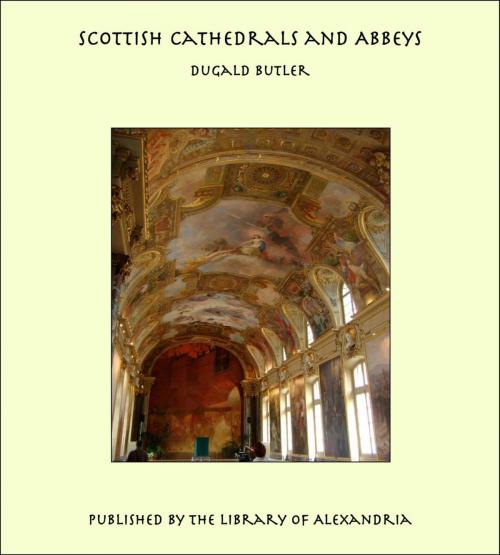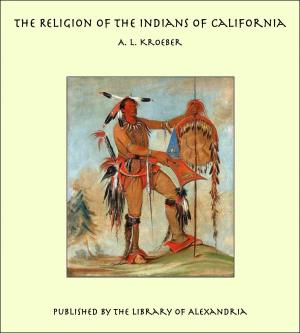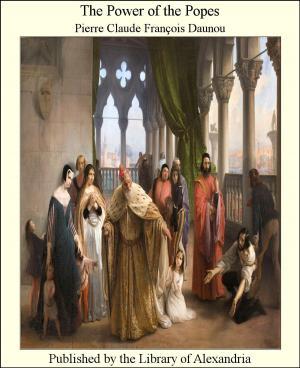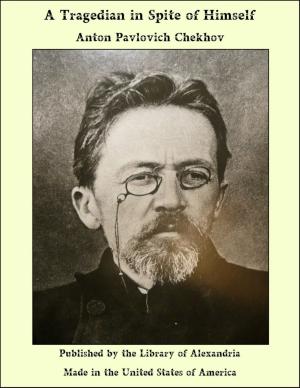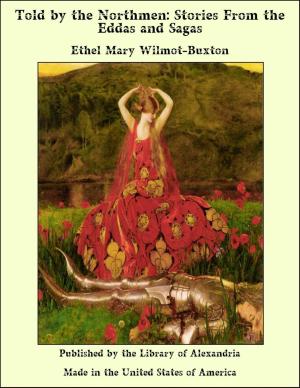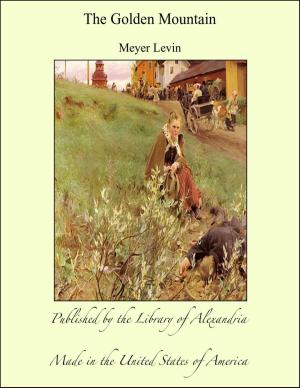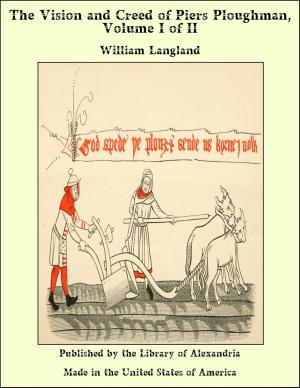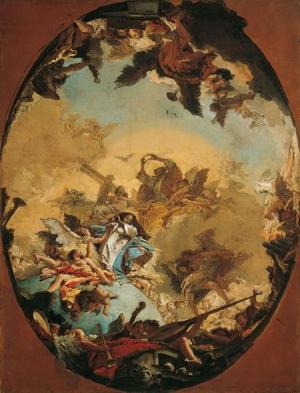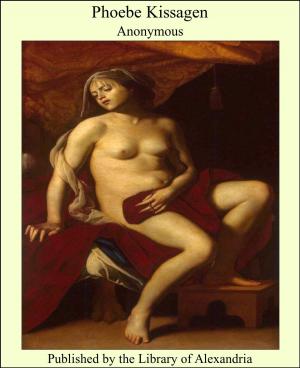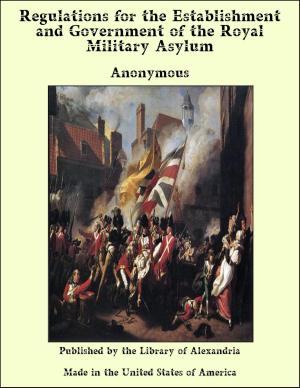Scottish Cathedrals and Abbeys
Nonfiction, Religion & Spirituality, New Age, History, Fiction & Literature| Author: | Dugald Butler | ISBN: | 9781465545374 |
| Publisher: | Library of Alexandria | Publication: | March 8, 2015 |
| Imprint: | Language: | English |
| Author: | Dugald Butler |
| ISBN: | 9781465545374 |
| Publisher: | Library of Alexandria |
| Publication: | March 8, 2015 |
| Imprint: | |
| Language: | English |
In preparation for this Guild Book I wrote an account of every pre-Reformation structure in Scotland of which any remains now survive, but the prescribed limits of the series necessitated a selection. The Scottish cathedrals are all here treated, with representative collegiate and monastic buildings. Reference is also made to parish churches that represent the architecture of the various periods indicated in Chapter II. A survey of Scottish mediæval architecture will be found in pp. 194-206 that may enable readers to take a comprehensive view of the whole. A study of those treated in particular will lead to a study of those treated of necessity in general, and illustrate the idea that the history of the Scottish Church is the history of the ideality and faith of the Scottish people, and that the one cannot be separated from the other. A healthy present must always be bound by a natural piety to the past that has made it, or at least helped it to be what it is, and this study may enable readers to realise more that the Church of Scotland has a great and glorious past that begins with the days of St. Ninian and St. Columba. The past has much to teach the present, and the narrative of historical facts is not without suggestiveness to the varied life and work that characterise the Church of Scotland to-day. I desire to express my indebtedness to the investigations of many workers, which I have striven to recognise in the many references throughout the work, but most of all I am indebted to Messrs. MacGibbon and Ross in their colossal work, the Ecclesiastical Architecture of Scotland—a book of national importance. D. B. Manse of Abernethy, Perthshire,14th January 1901
In preparation for this Guild Book I wrote an account of every pre-Reformation structure in Scotland of which any remains now survive, but the prescribed limits of the series necessitated a selection. The Scottish cathedrals are all here treated, with representative collegiate and monastic buildings. Reference is also made to parish churches that represent the architecture of the various periods indicated in Chapter II. A survey of Scottish mediæval architecture will be found in pp. 194-206 that may enable readers to take a comprehensive view of the whole. A study of those treated in particular will lead to a study of those treated of necessity in general, and illustrate the idea that the history of the Scottish Church is the history of the ideality and faith of the Scottish people, and that the one cannot be separated from the other. A healthy present must always be bound by a natural piety to the past that has made it, or at least helped it to be what it is, and this study may enable readers to realise more that the Church of Scotland has a great and glorious past that begins with the days of St. Ninian and St. Columba. The past has much to teach the present, and the narrative of historical facts is not without suggestiveness to the varied life and work that characterise the Church of Scotland to-day. I desire to express my indebtedness to the investigations of many workers, which I have striven to recognise in the many references throughout the work, but most of all I am indebted to Messrs. MacGibbon and Ross in their colossal work, the Ecclesiastical Architecture of Scotland—a book of national importance. D. B. Manse of Abernethy, Perthshire,14th January 1901
